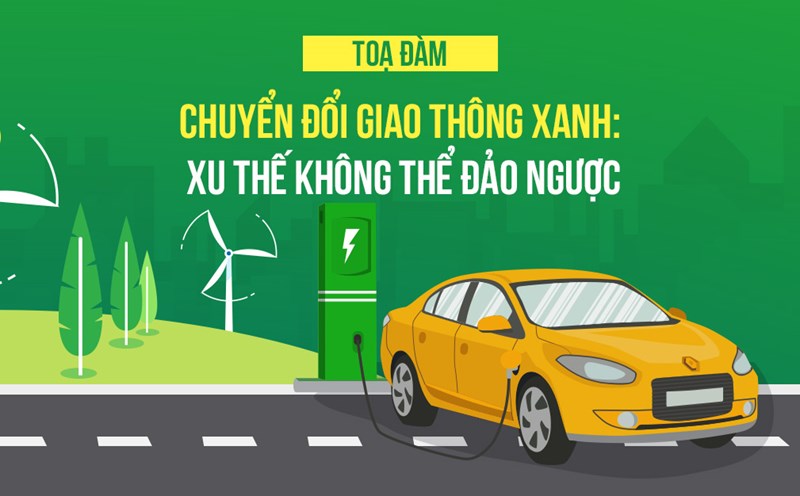According to the World Health Organization, the diet of people with kidney disease needs to be strictly controlled for the amount of saturated fat, cholesterol, sodium and protein - ingredients with high content in pork intestines.
Pork is rich in saturated fat and cholesterol. 100g of pork intestines (Young intestines) can contain up to 180 mg of cholesterol. People with kidney disease often go with cardiovascular diseases, where high cholesterol is a factor that worsens atherosclerosis and increases blood pressure - factors that cause faster impaired kidney function.
In addition, the pig intestines also contain many animal protein. When the kidneys are weakened, the ability to filter and excrete waste from protein metabolism is impaired, leading to the accumulation of urene and createdinin in the blood. Research shows that consuming more animal protein is associated with faster rates of kidney failure in people with chronic disease.
In addition, if not carefully processed, pork intestines can easily carry bacteria such as E.coli or parasites such as worms. This can cause infection complications - especially dangerous for people with weak immune systems due to kidney disease.
Although pork intestines are a favorite dish of many people, for people with kidney disease, they pose many potential risks to cardiovascular disease, metabolism and infection.
Avoiding or limiting this dish is necessary to protect kidney function and avoid making the disease worse.











